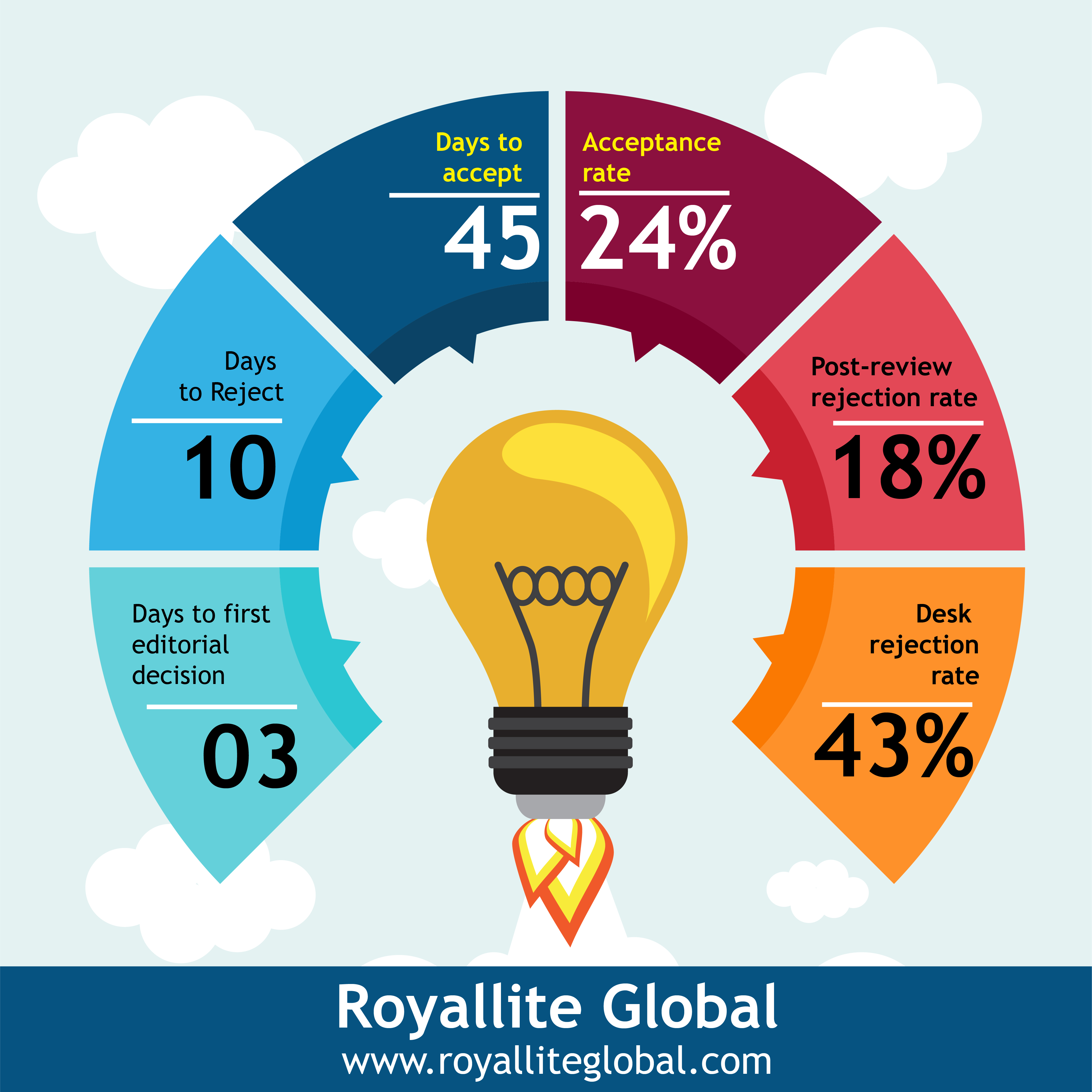Towards an exclusive curriculum for pupils with disabilities in regular schools in Ghana
Keywords:
adaptations, disability, curriculum, inclusion, assessment, regular schoolsAbstract
In order to achieve successful inclusion of pupils with disabilities in regular schools, there is the need for the adaptation of the school curriculum. The understanding is that teachers are supposed to be aware of this diversity of children in the classroom and make provisions to satisfy the needs of these children with special needs. This study, however, has observed that, at Yilo Krobo district that, since 2009/2010 academic year, these requirements are mostly not available in regular schools where pupils with disabilities find themselves. The curriculum to which these children are exposed to is purposefully developed for the “normal” children with no adaptations and modifications to meet the needs of the children living with disability. This study adopted a cross-sectional design. A sample of 90 participants from 13 primary schools was selected using a simple random sampling technique. Data were analysed using descriptive statistics to calculate frequencies and their corresponding percentage value. Findings from the study were: a high proportion of the respondents (50.1%) stated that, the content of the curriculum is not adapted to suit pupils with disabilities in regular schools. Based on the findings it was recommended that in-service training workshops should be organised for teachers to adapt the curriculum so as to enable pupils with disabilities participate in the teaching and learning process.
References
Adentwi, I. K. (2000). Curriculum development: An introduction. Kumasi: Skies Press. Pp 16.
Armstrong, T. (2000). Multiple intelligences in the classroom (2nd ed.). Alexandria, VA: ASCD.
Avoke, M. (2004). Introduction to special education for universities and training colleges. Accra: City Publishers.
Bryman, A. (2005). Social research methods. Canada: Oxford University Press. Pp 35-37.
Davis, G. (2005). Searching the literature on teaching strategies and approaches for pupils with special education needs: knowledge production and synthesis. Journal of Research in Special Education Needs. 4(3). 142-147.
Gyimah, E.K. (2009). Inclusive education in Ghana, what are the levers of change? Retrieved 25/05/2011 from http://www.deta.up.ac.za/presentations/word/Gyimah.pdf.
Gadagbui, G. Y. (1998). Education in Ghana and special needs children. Accra: City Publishers. Pp 74 – 86.
Gay, L.R., Mills, G.E. & Airasian, P. (2009). Educational research: competencies for analysis and applications. (9th ed). New Jersey: Pearson Education Inc. Pp 175- 192
King-Sears, M. E. (2001). Three steps for gaining access to the general education curriculum for learners with disabilities. Intervention in School and Clinic, 37(2), 67-76
Klass, G. (2012). Just Plain Data Analysis: Finding, Presenting, and Interpreting Social Science Data. (2nd ed). New York: Rowman and Littlefield Publishers, .
Koga, N. & Hall, T. (2004). Curriculum modification. Wakefield, MA: National Centre on Accessing the General Curriculum.
Lingo, A. S., Barton-Arwood, S. M. & Jolivette, K. (2011). Teachers working together: Improving learning outcomes in the inclusive classroom-practical strategies and examples. Teaching Exceptional Children, 43(3), 6-13.
Leedy, P. & Ormrod, J. (2001). Practical research: Planning and design (7th ed.). Upper Saddle River, NJ: Merrill Prentice Hall. Thousand Oaks: SAGE Publications. Pp 101-102.
MacMackin, M. C. & Elaine, M. B. (1997). A change in focus: Teaching diverse learners within an inclusive elementary school classroom. Equity & Excellence in Education, 3 (1), 32-38.
Mowes, A. D. (2002). The views of educators regarding inclusive education in Namibia. Stellenbosch: university of Stellenbosch.
Neuman, W. L. (2003). Social Research Methods: Qualitative and Quantitative Approaches (5th ed.). Boston: Allyn and Bacon. Pp 115- 127.
Ocloo, M. A., Hayford, S., Agbeke, W. K., Gadagbui, G., Avoke, M., Boison, C. Oppong, A. & Essel, J. (2002). Foundations in special education: The Ghanaian perspective. Winneba: Department of Special Education. Pp 134-135.
Okyere, B. A. & Adams, J. S. (2003). Introduction To Special Education: An African Perspective. Accra: Adwinsa Publications (GH) Ltd
Reisberg, L. (1990). Curriculum evaluation and modification: An effective teaching perspective. Intervention in School and Clinic, 26(2), 99-105.
Rose, D. H. & Meyer, A. (2002). Teaching every student in the digital age: Universal design for learning. Alexandria, VA: Association for Supervision and Curriculum Development.
Sarantakos, S. (2005.). Social Research, 2nd edition, Hampshire: Palgrave Macmillan. Pp 464.
Wehmeyer, M. L., Lance, D. & Bashinski, S. (2002). Promoting access to the general curriculum for students with mental retardation: A multi-level model. Education and Training in Mental Retardation and Developmental Disabilities, 37, 223–234.
White, B. (2000). Dissertation skills for business and management students. United Kingdom: Cassell. Pp 46-67.
Downloads
Published
Issue
Section
License
This open-access article is distributed under a Creative Commons Attribution (CC-BY) 4.0 license.
You are free to: Share — copy and redistribute the material in any medium or format. Adapt — remix, transform, and build upon the material for any purpose, even commercially. The licensor cannot revoke these freedoms as long as you follow the license terms.
Under the following terms: Attribution — You must give appropriate credit, provide a link to the license, and indicate if changes were made. You may do so in any reasonable manner, but not in any way that suggests the licensor endorses you or your use.
No additional restrictions: You may not apply legal terms or technological measures that legally restrict others from doing anything the license permits.






